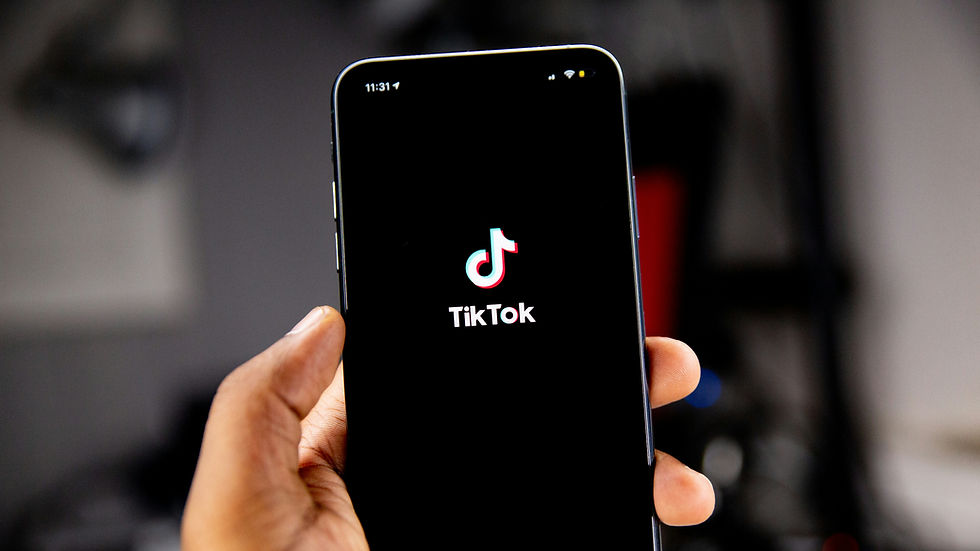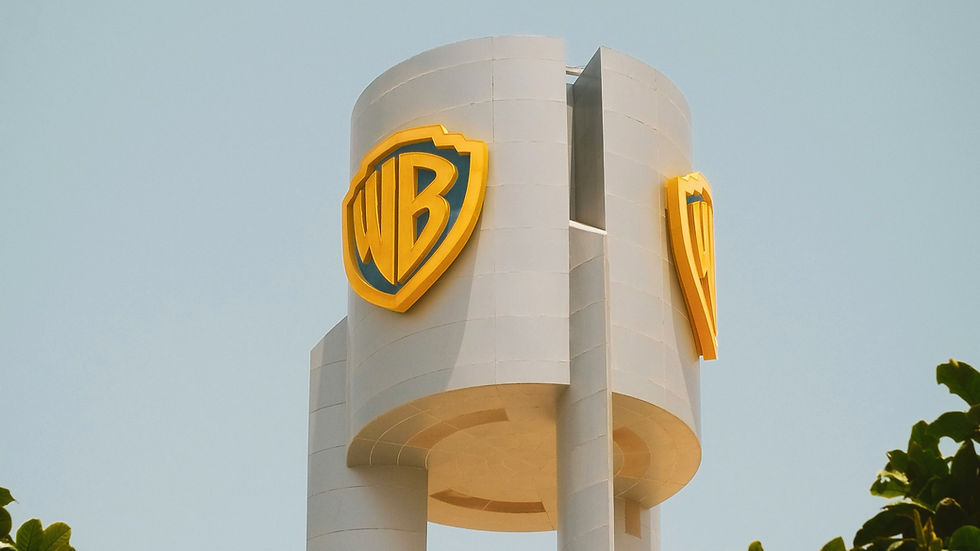Voice Actors Fight Back as AI Threatens Global Dubbing Industry
- tech360.tv

- Aug 1, 2025
- 3 min read
Voice actors across Europe are pushing back against the growing use of artificial intelligence in dubbing, warning that the technology could undermine jobs, artistic quality and intellectual property rights.

Boris Rehlinger, the French voice of Ben Affleck, Joaquin Phoenix and Puss in Boots, is among those leading the charge. He is part of TouchePasMaVF, a French initiative aimed at protecting human-created dubbing from AI.
“I feel threatened even though my voice hasn’t been replaced by AI yet,” Rehlinger said.
He highlighted the collaborative effort behind dubbing, which includes actors, translators, production directors, dialogue adapters and sound engineers, all working to ensure seamless language transitions for audiences.
The rise of global streaming platforms like Netflix has increased demand for dubbed content. According to consumer research firm GWI, 43% of viewers in Germany, France, Italy and Britain prefer dubbing over subtitles.
Business Research Insights projects the dubbing market will grow from USD 4.3 billion in 2025 to USD 7.6 billion by 2033.
As AI-generated voices become more advanced and cost-effective, industry associations are urging the European Union to implement regulations to protect jobs, quality and artists’ back catalogues.
“We need legislation: Just as after the car, which replaced the horse-drawn carriage, we need a highway code,” Rehlinger said.
Concerns over AI in entertainment are not new. In 2023, Hollywood labour unrest led to new guidelines on AI use. Netflix co-CEO Ted Sarandos recently confirmed the company used generative AI for visual effects in its series “El Eternauta.”
Netflix has also tested AI to synchronise actors’ lip movements with dubbed dialogue, though the process still relies on local voice actors to deliver lines.
Under the new SAG-AFTRA contract, AI-assisted dubbing is allowed as long as the voice actor is paid.
In Germany, a TikTok campaign by 12 dubbing actors gained 8.7 million views, calling to “protect artistic, not artificial, intelligence.” A petition by the VDS voice actors’ association has gathered over 75,500 signatures, demanding consent and fair compensation for AI training on artists’ voices.
Cedric Cavatore, a VDS member who has dubbed films and video games, warned that without intellectual property protection, creators may stop producing content altogether.
VDS works with United Voice Artists, a global network of over 20,000 voice actors advocating for ethical AI use and fair contracts.
In the United States, video game voice and motion capture actors recently signed a new contract with studios, which SAG-AFTRA said includes key protections against AI misuse.
Some studios are cautiously exploring AI. Eberhard Weckerle, managing director of Neue Tonfilm Muenchen, said he hopes AI and human dubbing can coexist.
He warned that using AI solely to cut costs could lead to lower quality, which would be “the worst thing that could happen.”
Earlier this year, Viaplay removed the German-dubbed version of its Polish crime series “Murderesses” after viewers criticised the monotony of its AI-generated dialogue. The hybrid dubbing, created with Israeli startup DeepDub, combined human and AI voices.
Viaplay said it would continue offering subtitles and reserve dubbing for select content.
Despite backlash, GWI found that nearly half of viewers would not change their opinion if they learned content was AI-generated. About 25% said they would like it slightly less, and only 3% said they would like it much more.
Stefan Sporn, CEO of Audio Innovation Lab, believes AI will reshape but not replace voice work. His company used AI to dub the Cannes Film Festival entry “Black Dog” from Chinese to German.
“Humans will always be needed for emotion, scripting and language nuance, just not to the same extent,” Sporn said.
Audio Innovation Lab’s technology modifies the original actor’s voice to match the target language, aiming for authenticity and efficiency.
“Interest is huge,” Sporn said, noting that producers, studios and advertisers are eager to see how well the technology performs.

Flawless AI, another startup, promotes itself as an ethical AI company. It works with local voice actors and uses technology to match lip movements to dubbed languages.
“When AI technologies are used in the right way, they are a silver bullet to change how we can film-make in a new way,” said co-CEO Scott Mann.
Voice actors across Europe are pushing for regulations to protect dubbing from AI
The dubbing market is projected to reach USD 7.6 billion by 2033
Netflix and other studios are testing AI-assisted dubbing while still using human voices
Source: REUTERS


